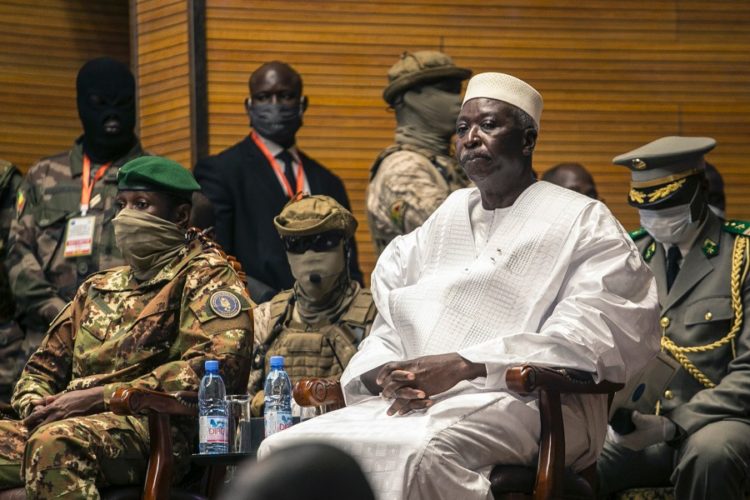On August 21, the U.S. had suspended all cooperation with Mali’s military following the overthrow of President Ibrahim Boubacar Keita by army officers three days earlier.
Now, J. Peter Pham, the American envoy to the Sahel region, announced that the U.S. government’s suspension of military aid to Mali will remain in place until the west African nation holds elections. This decision comes despite the recent formation of a transitional government in Mali.
Nevertheless, Pham clarified that U.S. cooperation with international partners in Mali — including under the French-led Operation Barkhane, and the United Nations’ peacekeeping mission in the region — will continue. These coalitions are battling al-Qaeda and ISIS insurgents in the Sahel.
On a recent trip to Mali, Pham had met with the leaders of the transitional government. Following the meeting, he had told the media that the transitional government’s formation marked progress towards conducting free and fair elections. “But until such time as those are held, and a constitutional government is restored, we are obliged under U.S. law to restrict our military assistance,” he specified. Part of that assistance had included sending trainers for the Malian military.
“The restrictions are specific. The [restrictions involve] security assistance to the regime that takes over from an elected government. It doesn’t involve humanitarian and development assistance which consists of the bulk of our assistance for Mali,” he added.
Last month, the nation’s coup leaders had appointed Colonel Bah N’ Daw as interim president and former Foreign Minister Moctar Ouane as prime minister of the transition. N’Daw is to lead the nation until the upcoming elections.
The elections are scheduled to happen in 18 months.
Mali’s neighboring countries were concerned about yet another coup happening in the country; that would cause further instability throughout the entire region. With the Islamic insurgencies spreading both west and south in Africa, this is a pivotal time.
Resultantly, on Tuesday, the Economic Community of West African States (ECOWAS) said that “heads of state and government have decided to lift sanctions” in order to “support” the handover to civilian rule in Mali. Apparently, the ECOWAS countries were satisfied enough by the transitional government to lift the sanctions.
Nevertheless, the hope was that the transitional government would include members of the opposition which had held numerous, but peaceful, protests against President Keita prior to the coup. Yet, members of the opposition June 5 Movement (M5-RFP), refused to endorse the new transitional government. They accused the ruling junta of a “desire to monopolize and confiscate power.” They also said the negotiations about forming the new government had taken place against a backdrop of “intimidation, anti-democratic and unfair practices worthy of another era.” However, members of Tuareg groups were awarded the agriculture and fisheries ministries and received appointments in the youth and sports ministries.
Tuareg groups had led a rebellion in north Malin in 2012. Eventually, the rebellion was hijacked by Islamist insurgents, who are now the main destabilizing threat in the Sahel.
Already have an account? Sign In
Two ways to continue to read this article.
Subscribe
$1.99
every 4 weeks
- Unlimited access to all articles
- Support independent journalism
- Ad-free reading experience
Subscribe Now
Recurring Monthly. Cancel Anytime.











COMMENTS